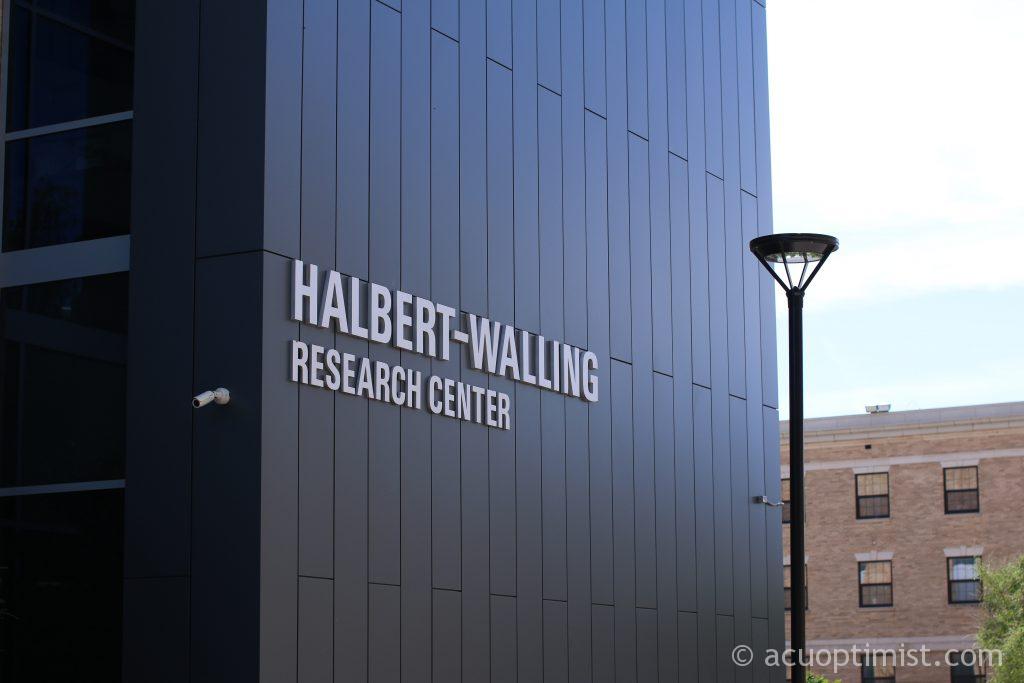The Department of Engineering and Physics has proposed three new degrees to offer students – new bachelors of science in civil engineering, mechanical engineering and electrical engineering.
When the engineering degree was added, it was general degree with a broad curriculum to prepare students generally for their field. The department later added concentration tracks in civil, mechanical and electrical engineering. This left students to have a diverse understanding of engineering and have a choice of a specialized degree in graduate school.
Dr. Jim Drachenberg, professor of engineering and physics, said the reason behind the new majors proposal comes from a change in the field of engineering.
“We have tried as a department to grow in a way that lets us give a more specific education with engineering students,” Drachenberg said. “This will make a bit easier to be prepared for those specific (jobs).
The process of changing any academic offering is a complex one that can take months or years. It starts with a general consensus of change within the department. The department then works up the chain of university curriculum councils to get approval for their desired change. Faculty members present the logistics of the changes they would like to other members of the faculty, where it will be taken for a vote.
The faculty voted last week on the addition of the new majors, and results have not been released.
Drachenberg said it’s unusual at other universities for engineering and physics to be in the same department. This uniqueness is a benefit for students, he said.
“I think its a uniqueness but theres also an advantage to it that we have the engineering that is very hands-on, applied, but the physics is a little more of “what’s going on under the hood?” Drachenberg said.
The engineering and physics department has been growing throughout this semester, with the start of the new Onstead College of Science and Engineering and expansion of the NEXTLab. This has allowed students to have multiple opportunities to grow within their discipline through experiential learning.
Kyla Flanagan, secretary of the Society of Women Engineers chapter, said having a more specialized degree will let her be taken more seriously as she looks for jobs.
“Since we are the lesser number in engineering, I think it is important for us when we are going to jobs, when we are going to internships, to be very impressive to show everything we have,” said Flanagan, sophomore engineering major from Abilene. “When you come with a resume and it says ‘bachelors of science in mechanical engineering’ instead of ‘bachelors in engineering with a concentration in mechanical engineering’ shows that you have a more serious degree and you know more about your concentration.”

